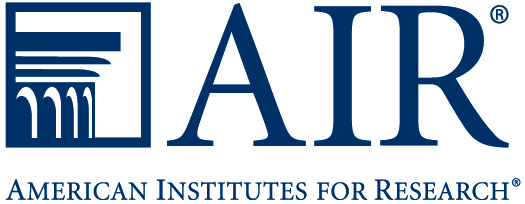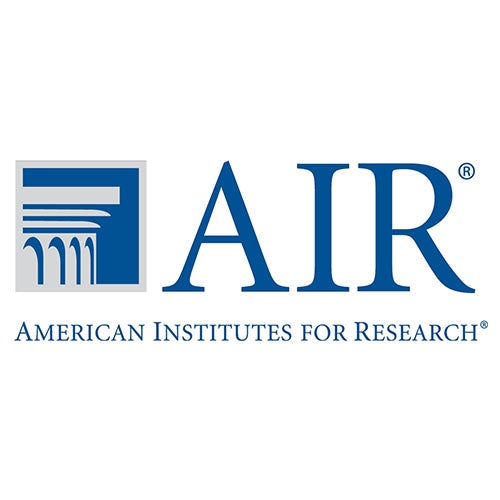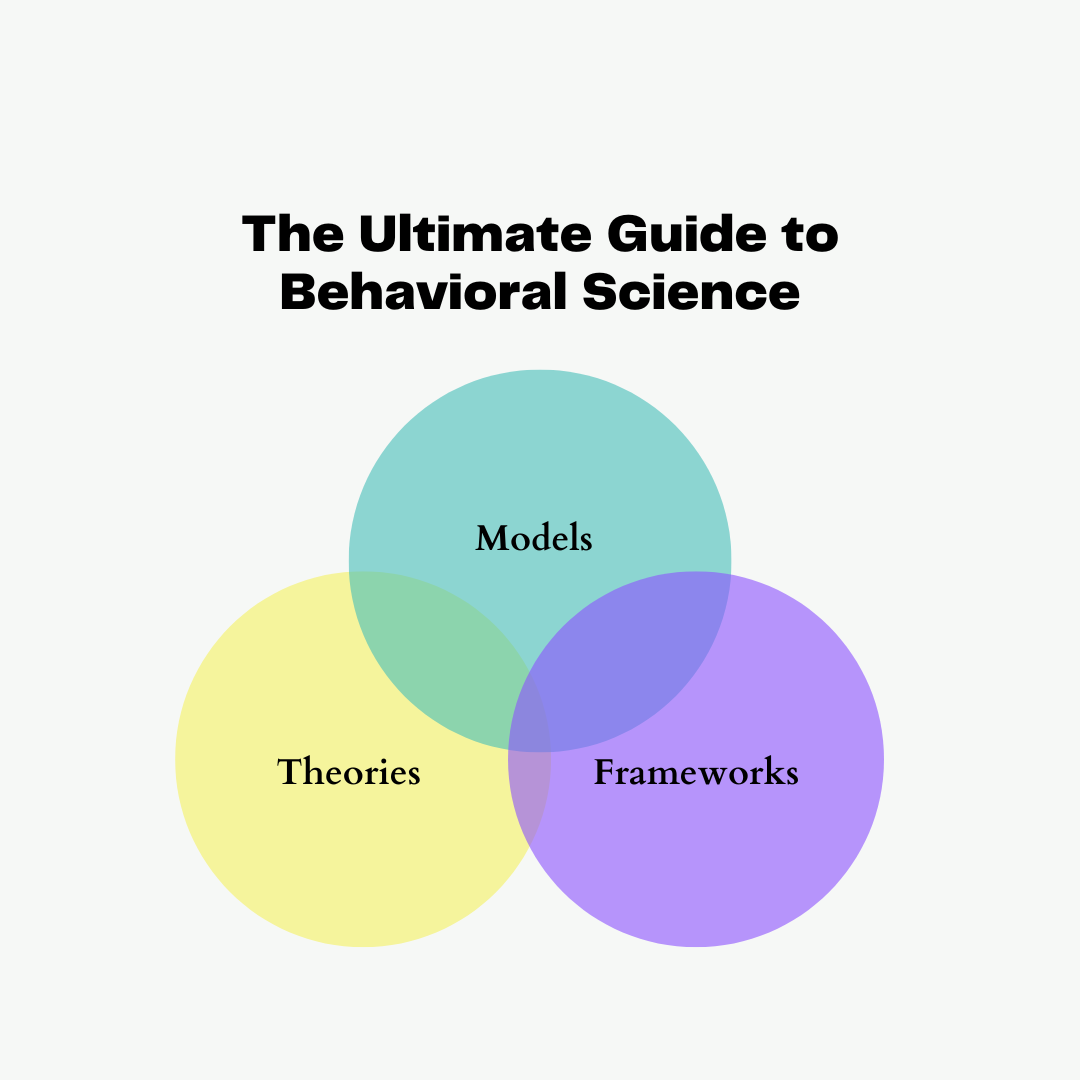American Institutes For Research In The Behavioral Sciences

Alarming trends in national education and workforce development demand immediate attention, placing organizations like the American Institutes for Research (AIR) under increased scrutiny to deliver effective solutions.
The following examines AIR's role, impact, and ongoing efforts to address critical challenges in education, health, and workforce development across the nation and globally.
AIR: A Snapshot
The American Institutes for Research (AIR), established in 1946, stands as a non-profit organization committed to using behavioral and social science research to improve lives. Headquartered in Arlington, Virginia, AIR employs over 1,300 professionals across multiple offices, including those in Chicago, Illinois; Rockville, Maryland; and Sacramento, California.
AIR's mission centers around conducting rigorous research and providing technical assistance to solve complex problems in education, health, and workforce development.
They aim to translate research findings into practical, evidence-based solutions that improve outcomes for individuals and communities.
Education Initiatives
AIR has a strong presence in education research, evaluating and developing programs from early childhood education through higher education. They are involved in projects focused on improving teacher quality, promoting equitable access to education, and enhancing student achievement.
A significant area of focus is the development and implementation of high-quality assessments, designed to accurately measure student learning and inform instructional practices. This includes contributing to statewide assessments in several states.
AIR also conducts research on effective interventions for struggling learners, including students with disabilities and English language learners.
Health Research and Programs
AIR's health portfolio includes research on public health issues such as substance abuse prevention, mental health promotion, and healthcare quality improvement. They work with government agencies, foundations, and community organizations to implement evidence-based programs aimed at improving health outcomes.
Specifically, AIR conducts evaluations of health programs, providing insights into their effectiveness and identifying areas for improvement.
They also develop and disseminate resources to promote healthy behaviors and prevent chronic diseases.
Workforce Development Strategies
AIR plays a key role in workforce development, conducting research on skills gaps, labor market trends, and effective training programs. They work with employers, educational institutions, and government agencies to align education and training with the needs of the labor market.
A significant focus is on helping individuals acquire the skills and credentials they need to succeed in high-demand industries. AIR is involved in developing and evaluating apprenticeship programs, career pathways, and other workforce development initiatives.
They also conduct research on the impact of technology on the workforce and the skills needed to thrive in the digital economy.
Recent Projects and Impact
AIR recently partnered with the U.S. Department of Education to provide technical assistance to states in implementing the Every Student Succeeds Act (ESSA).
Another key project involves evaluating the effectiveness of various interventions aimed at reducing opioid abuse and overdose deaths. These interventions were designed to provide evidence to help tackle a burgeoning opioid epidemic.
Furthermore, AIR has been actively involved in research examining the impact of the COVID-19 pandemic on student learning and well-being.
Financial Standing and Transparency
As a non-profit organization, AIR relies on grants, contracts, and philanthropic contributions to fund its research and technical assistance activities. Their financial information is publicly available, reflecting a commitment to transparency and accountability.
AIR's funding sources include the U.S. Department of Education, the National Institutes of Health, and various state and local government agencies.
They also receive funding from private foundations and corporations committed to social impact.
Criticisms and Challenges
Despite its extensive work, AIR, like any research organization, faces scrutiny. Ensuring research rigor and avoiding biases in study design are constant challenges.
Another ongoing challenge is translating research findings into practical, scalable solutions that can be effectively implemented in real-world settings.
There have been debates about the impact of standardized testing and the role of organizations like AIR in developing and administering these assessments.
Looking Ahead
The American Institutes for Research is currently focusing on developing innovative solutions to address the evolving needs of the education, health, and workforce sectors. This includes leveraging technology to improve learning outcomes, promoting health equity, and preparing individuals for the future of work.
AIR is also committed to expanding its global reach, working with international partners to address challenges in developing countries. They strive to remain at the forefront of research and innovation, using evidence to drive positive social change.
Ongoing reports and findings from AIR's studies are expected in the coming months, particularly regarding post-pandemic educational recovery and workforce adaptability.


















